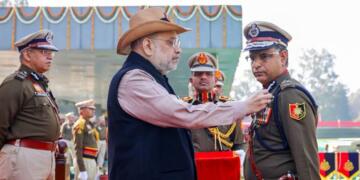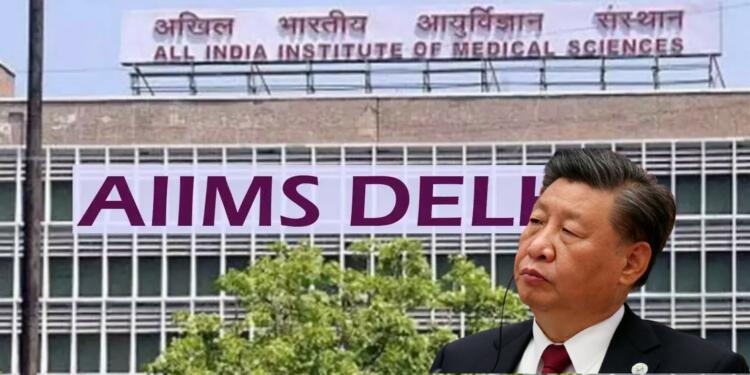The secret agency, KGB is widely hailed as the most pernicious and merciless internal and external surveillance outfit of the secret police. During the Cold War era, the KGB was the prominent security agency for the Soviet Union from 1954 until 1991. The organization had a fierce and meticulous approach to carrying out secret operations in foreign nations. The traditional warfare techniques of the USSR were far superior in comparison to the rival CIA, of the USA.
KGB wreaked havoc on the targeted countries through its data gathering and defence operational mechanism. The tools of propaganda, intimation, assassination and target killing strategies were at the heart of these secret operations. The KGB ‘mokroye delo’ and ‘chornaya rabota’ strategy was used to subjugate the governments of other nations.
The defence and operational strategies of KGB have been enhanced by the new geopolitical powers to further their dominance in the world order. China has become the front runner in cyber warfare by incorporating the ‘KGB brain-child strategies’ of traditional warfare into the secret cyber warfare domain.
That is to say, the cyber-attacks on India are mounting to new levels with each passing day. The enormity of the threat can be understood from the fact that the main and secondary servers of All India Institute of Medical Sciences (AIIMS) have been hacked. The data was lost from the server for a week.
AIIMS Cyber hacking by China
The cyber hacking of the servers of the most prestigious medical institute of India has long term ramifications. AIIMS hosts the best doctors and provides the best medical facilities. The cyber-attack has consequently, compromised the personal data of millions of patients including “VVIPs” such as civil servants and politicians.
The privacy breach of the medical history along with personal details means the data of the significant dignitaries have fallen into the hands of the enemy. The event should not be seen in isolation, as the cyber-attack on the server of AIIMS can be attributed with the long-lost Cold War strategy. In the past, the USSR secret police KGB used to carry out such strikes for traditional information gathering.
China follows the KGB-path
The information breach has exposed the VVIPs of India to the threat of prospective future attack as the medical history and personal details can be exploited at the detriment of the nation. The KGB, during the late 1970 had deployed the strategy to garner support for itself, using confidential and personal details of the VVIPs.
Further, China can also put to use standard practice of KGB, whereby the medical history is used as a tool to plot assassination of the senior officials. In addition, it further exposes the details of the medical staff that could be corrupted and used as a tool to further the ends of Chinese interest in India.
However, the e-Hospital data has been restored on servers but it depicts that there is more to be done in cybersecurity space. It highlights the vulnerability of our digital spaces and governance apparatus in maintaining cyber security. It also shows that the National Information Centre IT system needs improvement. NIC is also taking care of IT services of other Central government hospitals, ministries and departments which are at risk now, after this incident.
We as a nation have always taken pride in dominating the IT sector and it should not take us long to resurrect from this setback.
Chinese ‘2.5 Front War’
The incidents of cyber-attacks and hacking have shown an upsurge ever since the Chinese “dual-use spy ship”, ‘Yuan Wang 5’ has visited the Indian Ocean. The ships’ visit to the shores of India is seen by many as the Chinese move towards furthering its stake in the cyber warfare and surveillance domain.
The move of the Chinese is in consonance with the traditional Soviet strategy of information gathering and secret operations. That is to say, the Chinese have adapted to the techniques of the KGB and are using it to their advantage against India and the world by employing it through cyberspace.
That is to say, the government of India needs to take proactive steps to enhance the cyber security parameters, as we are in the middle of an ongoing war that will intensify in the times to come. Further, the government should take countermeasures to prevent the situation from getting out of hand, as was the case in the late 1970s, where a section of the ‘elite society’ was on the payroll of KGB, either for politics or for the sake of security and monetary gains.
Support TFI:
Support us to strengthen the ‘Right’ ideology of cultural nationalism by purchasing the best quality garments from TFI-STORE.COM




























